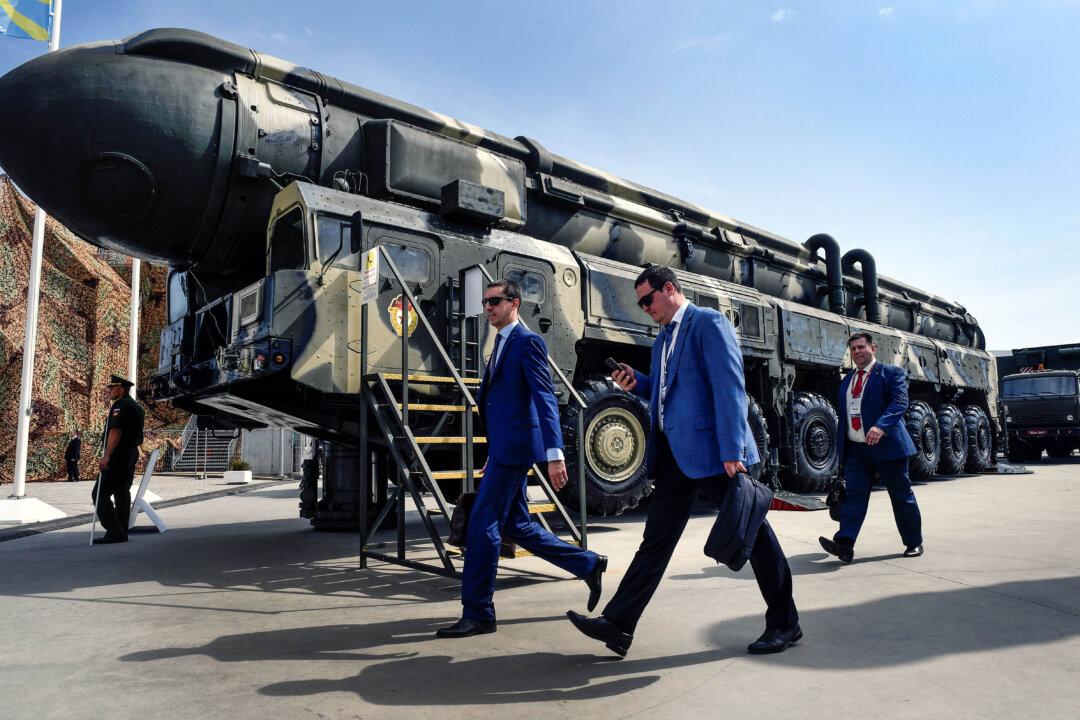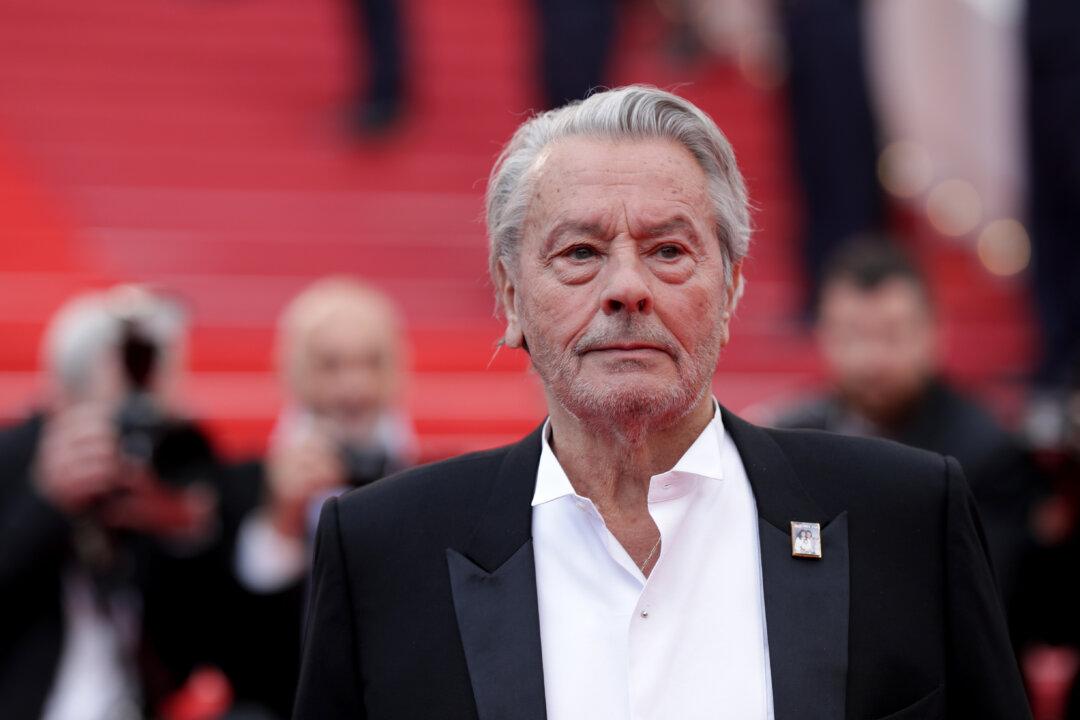Russia test-fired Sineva and Bulava ballistic missiles from submarines in the polar region of the Arctic Ocean and the Barents Sea on Aug. 24 as part of combat training, the Defense Ministry said in a statement.
The Sineva, a liquid-fueled intercontinental missile, was fired from the Tula submarine, while a Bulava, Russia’s newest solid-fueled missile, was launched from the Yuri Dolgorukiy submarine, the ministry said.




